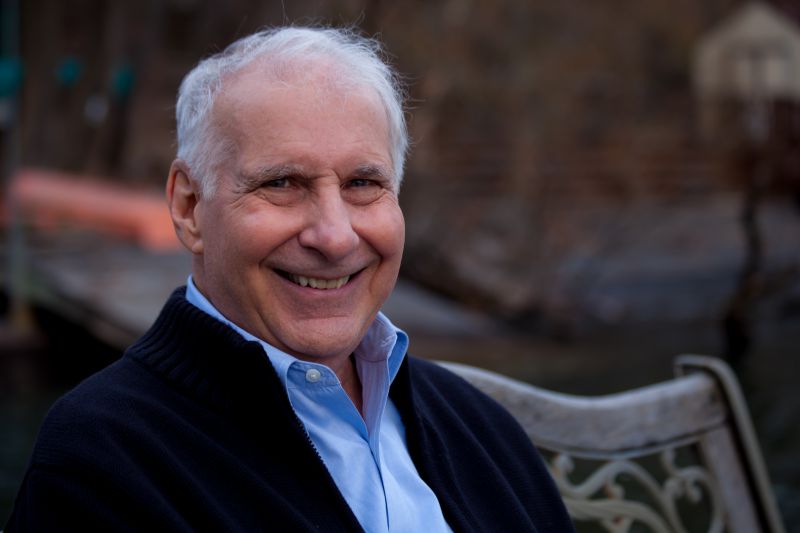The President's Sleeping Pill and Its Makers
- February 10, 1992
- / Dr. Peter Breggin
- / letters

The New York Times, Feb 10, 1992, page 24.
To the Editor:
"Implants and Halcion: the Shadow" (editorial, Jan. 24) points out that the Food and Drug Administration depends on information submitted by drug companies in the new drug approval process. You do not make fully clear, however, that the data submitted by the manufacturers is generated by investigators who are paid by the drug companies.
Typically, these researchers are hired for each specific project but sometimes they are regular employees or paid consultants to the company. Furthermore, controlled scientific studies of drug safety and effectiveness do not continue over many months or years, as the public tends to believe, but usually only about six or eight weeks. Long-term safety is monitored more haphazardly, typically through anecdotal reports from the drug companies.
Not only the F.D.A. but also the psychiatric profession bears responsibility for monitoring the safety and effectiveness of psychiatric drugs, like Halcion, the sleeping pill that was prescribed for President Bush on his travels. Yet the profession is heavily indebted to drug companies, such as Upjohn, the maker of Halcion. For several years, many of the world's most influential psychiatrists have received money from Upjohn, including the editor in chief of a major journal and directors of the National Institute of Mental Health and American Psychiatric Association.
Upjohn also contributes directly to organized psychiatry, including a recent "gift" of $1.5 million to the American Psychiatric Association. It helps finance psychiatric conferences, the association's lobbying efforts with Congress and other activities, including required programs for the continuing medical education of psychiatrists. In my book "Toxic Psychiatry," I use Upjohn to illustrate in detail the hand-in-glove relationship among the drug companies, the F.D.A. and organized psychiatry.
There is no way to protect the public against dangerous drugs when the F.D.A. and the psychiatric profession are so dependent on drug manufacturers.
PETER R. BREGGIN M.D. Director, Center for the Study of Psychiatry Bethesda, Md., Jan. 26, 1992
 Psychiatric Reform Accomplishments
Psychiatric Reform Accomplishments